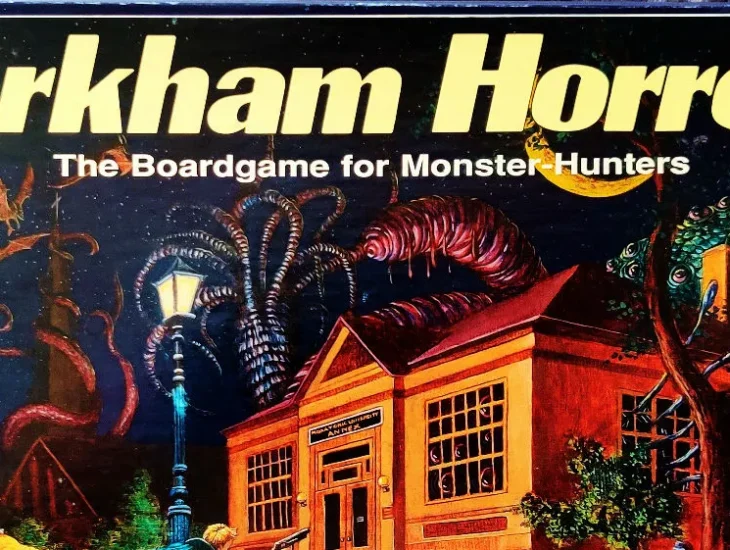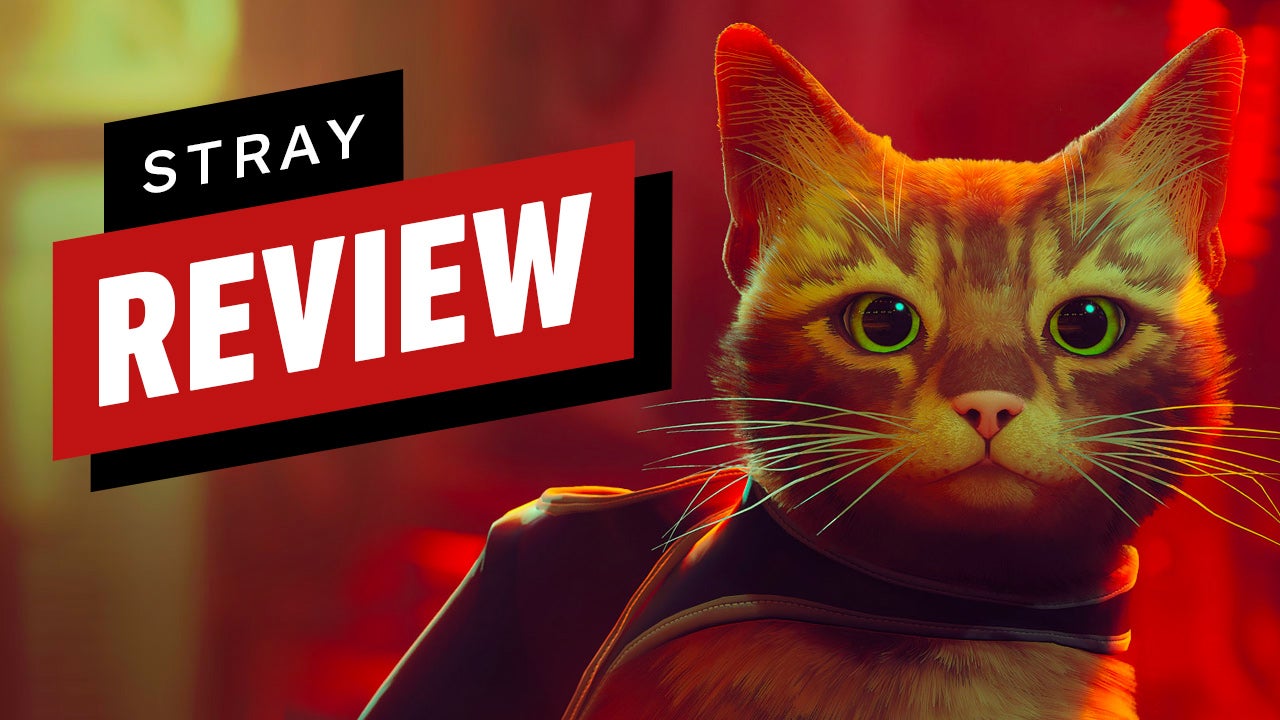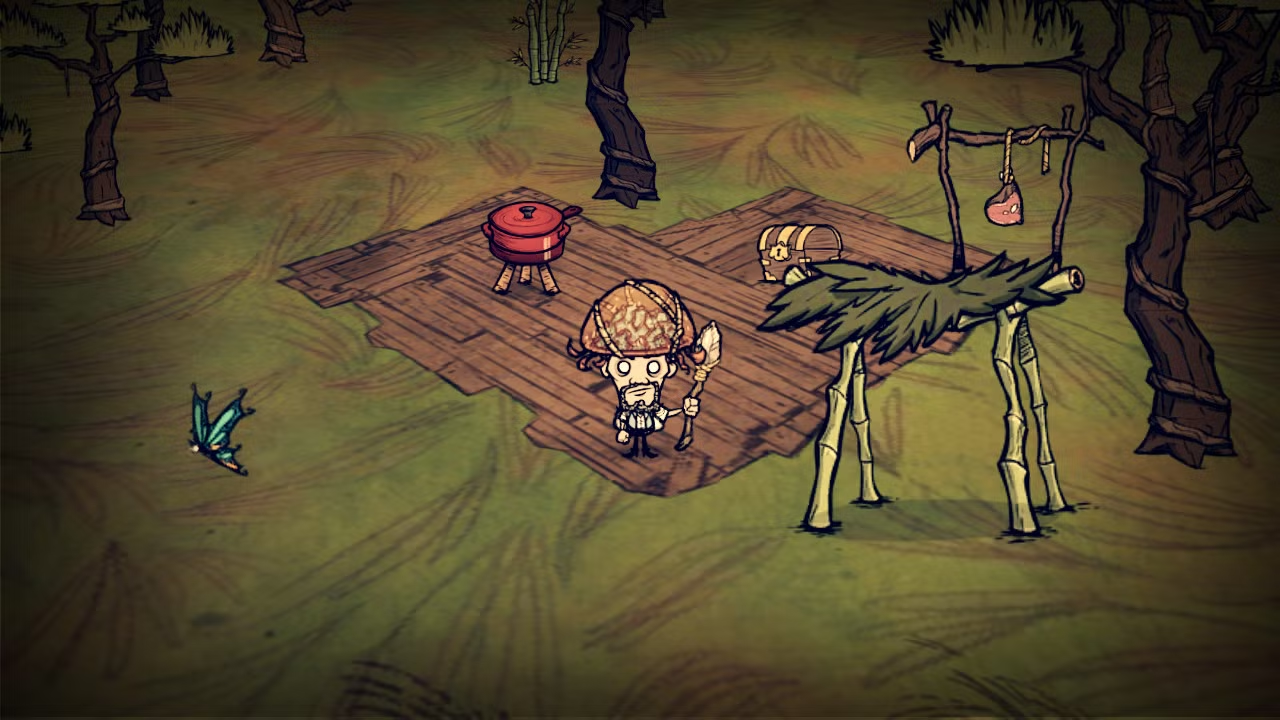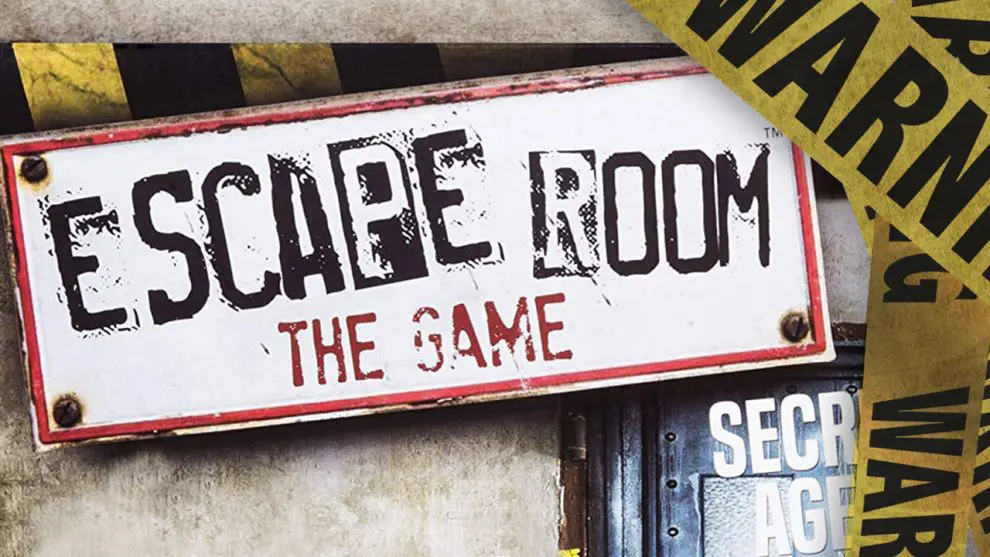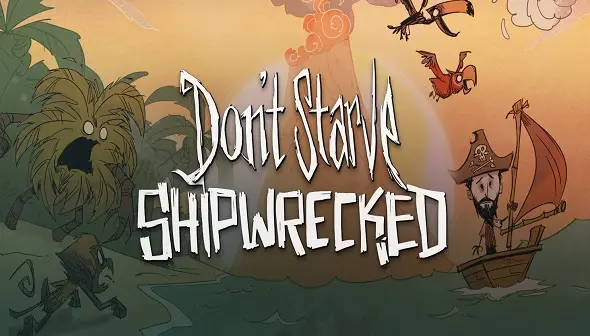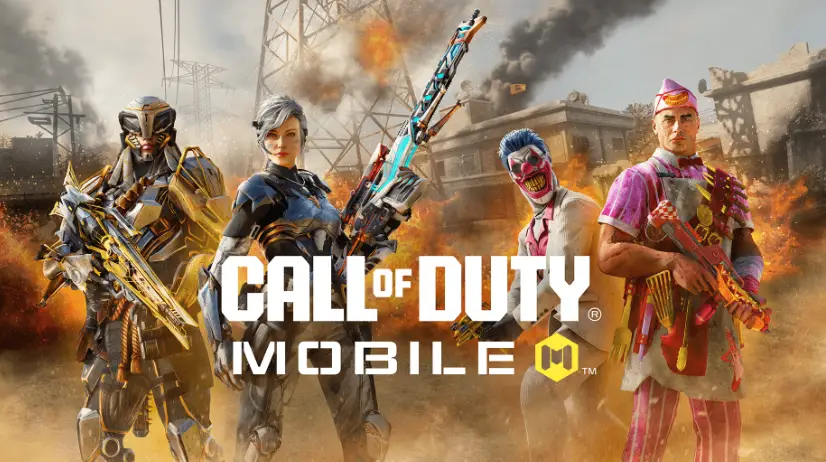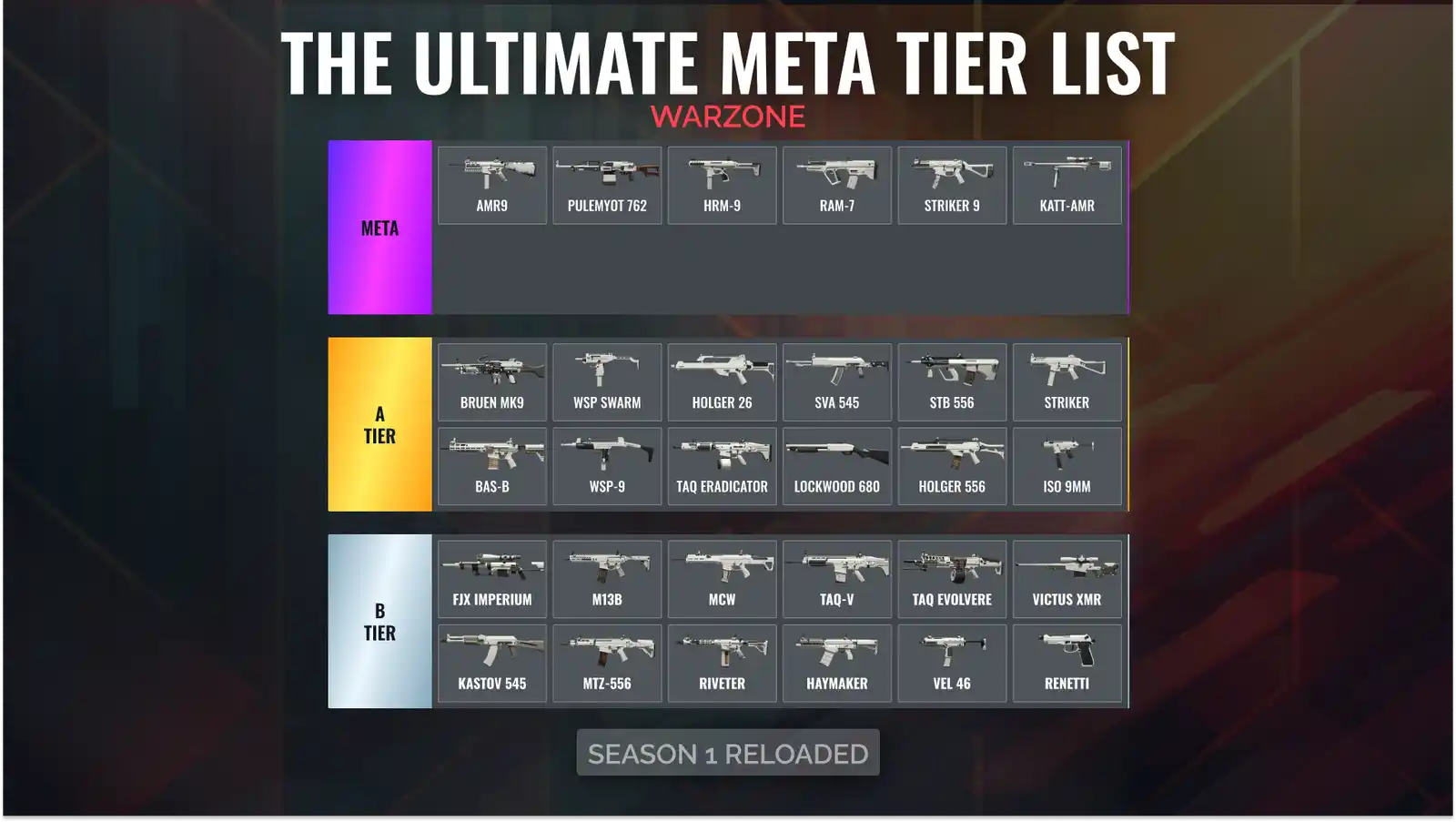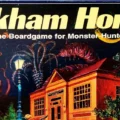Arkham Horror: The Card Game is a cooperative Living Card Game (LCG) published by Fantasy Flight Games, set amid a backdrop of Lovecraftian horror
First released in late 2016, it puts 1-4 players in the shoes of investigators in the eerie fictional town of Arkham, Massachusetts, battling cultists and cosmic monstrosities drawn from H.P. Lovecraft’s Cthulhu Mythos
The game blends the strategic depth of a deck-building card game with the narrative immersion of a role-playing adventure. Over the years, it has grown into a fan-favorite entry in the Lovecraftian horror genre, garnering critical acclaim and a dedicated community. (It was even called “the best card game to come out of Fantasy Flight since Netrunner” by one review
In this review, we’ll delve into the gameplay mechanics, examine player reception and ratings, discuss expansions and replayability, compare it to similar narrative card games, and deliver a final verdict on whether Arkham Horror: TCG is worth your time (and money) in 2025.
Gameplay Mechanics
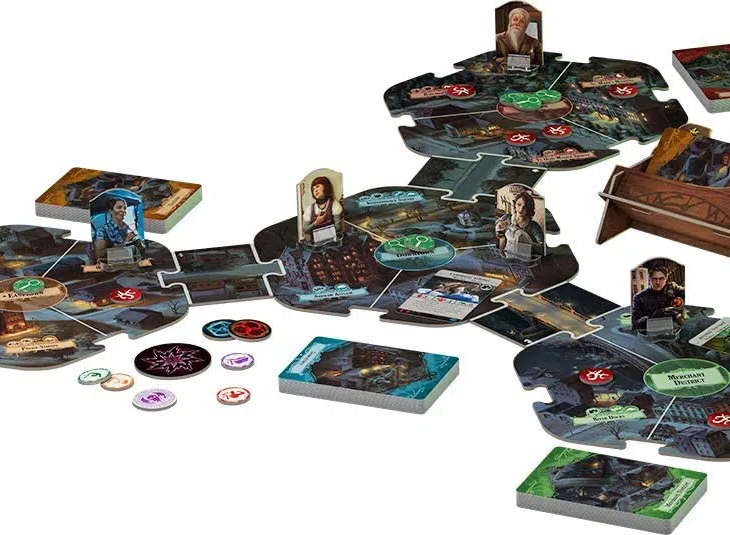
Arkham Horror: TCG offers a rich, complex gameplay experience that emphasizes deck-building, scenario-based play, and ongoing campaign progression. At the start, each player builds an investigator deck tailored to a character with unique skills and a specific card pool. For example, FBI agent Roland Banks can include Guardian and Seeker cards (to fight monsters and uncover clues), while street urchin Wendy Adams relies on Survivor and Rogue cards, reflecting her scrappy resourcefulness
Deck-building is a strategic mini-game in itself – you’ll choose weapons, spells, allies, and items to bolster your character, along with weaknesses that could haunt you at the worst times. Between scenarios, you earn experience points to spend on upgraded cards, gradually improving your deck as the campaign progresses, much like leveling up in an RPG.
Each game session is a scenario within a larger narrative campaign. Scenarios are driven by two decks: an Act deck that represents the players’ progress and objectives, and an Agenda deck that represents the looming threat or timeline of the evil forces
As you play, you explore various location cards laid out like a modular game board, moving your investigator mini-card to different places (e.g. a haunted house, a university campus, or a sinister swamp) to gather clues.
Your goal is usually to find enough clues to advance the Act cards and push the story forward, while the Agenda will advance automatically over time or due to bad events, bringing new perils. A randomized Encounter deck throws obstacles at you each turn – horrifying monsters to fight, treacherous events that sap your resources, and tests of will that threaten your health and sanity
Task resolution in Arkham Horror: TCG is handled by the infamous chaos bag instead of dice. Whenever you attempt something (say, attacking a ghoul or picking a lock), you perform a skill test by drawing a token from a bag of symbols that modify your skill value. Most tokens are negative numbers (making tasks harder), plus special symbols that trigger scenario-specific effects
Before drawing, you can commit cards from your hand to boost your chances, creating tense push-your-luck decisions: How many resources or cards should I spend to ensure success? “This is the slavering squid beak with which the game ensnares you,” one reviewer noted, as you’ll constantly weigh the risk of failure against holding cards for future challenges
The chaos bag system brilliantly keeps every test suspenseful and can be tuned for difficulty (e.g. add worse tokens for Hard mode). It’s a gambling mechanic wrapped in thematic horror – sometimes drawing the dreaded autofail token can spell doom for your investigator, but that unpredictability adds to the excitement.
Importantly, Arkham Horror: TCG is a true cooperative game. Up to four players work together, each bringing unique strengths. One investigator might excel at combat while another focuses on gathering clues, so teamwork and coordination are vital. You can help teammates by “committing” cards to their tests or by engaging enemies that are harassing them.
Scenarios often force players to split up to cover more ground or stick together to survive onslaughts, creating dramatic decision points. The card interactions and synergies are deep – for instance, one player’s flashlight card might lower a location’s shroud (making clues easier to find) while another player’s deduction skill card further boosts clue discovery.
Such combinations make the game rewarding to explore. Fans frequently praise the clever design of scenario challenges and the “really clever and fun” interactions between player cards, enemies, and locations Every action matters, and the cooperative mechanics capture the feeling of investigators pooling their wits against unimaginable horrors. A hallmark of the game is its campaign progression. Arkham Horror: TCG isn’t meant to be played as isolated one-off games (though you can); it truly shines in campaign mode.
A typical campaign spans 6 to 8 interconnected scenarios that form a narrative arc – essentially a short story or novella of escalating dread. Decisions you make and outcomes you achieve (or fail to achieve) carry over. You might gain valuable experience to upgrade your deck (turning that basic .38 revolver into a lightning gun in later scenarios), or suffer lasting trauma if your investigator was wounded or frightened too badly.
You could even pick up story-altering weaknesses or Allies depending on your choices. For example, in one scenario you might decide to rescue a certain character or burn down a house – and that choice can alter the course of the story in later chapters.
The campaign log records these persistent effects. This continuity lends a fantastic sense of weight to every game: even a “loss” isn’t the end, it just pushes the story down a darker path. As There Will Be Games noted, “a poor result in your first scenario carries through to the next,” but you get a chance to press on and snatch victory from the jaws of defeat There are often multiple endings to a campaign (ranging from victory to you’ve unleashed an Ancient One and doomed the world), and even partial successes or failures lead to different narrative resolutions, boosting the replay value.
Between branching storylines and the variability of the chaos draws, you’ll “never see the same game twice”Overall, the gameplay mechanics of Arkham Horror: The Card Game meld story and strategy in a way that few games do. It’s an immersive, challenging experience that can feel like a pen-and-paper RPG condensed into card form Be warned that the learning curve is moderate – the core set comes with two rulebooks (a Learn-to-Play guide and a Reference) and the first couple of plays can be a bit overwhelming.
But once the system clicks, most rules are smooth and the card text guides you. Each round follows a clear structure (Mythos phase where the game “fights back,” then investigator phase for player actions, etc.) And importantly, the mechanics reinforce the theme: you feel the mounting dread as the agenda ticks toward midnight, and you’ll cheer when a lucky draw or clever card play saves you from the brink of insanity.
Ratings & Player Reception
Since its release, Arkham Horror: TCG has been met with overwhelmingly positive reception from both players and critics, though not without some caveats. On BoardGameGeek, the hub of board game fandom, it holds an average rating around 8.2 out of 10 based on tens of thousands of user votes.
This places it among the top-rated board games on the entire site, and in fact it’s one of the highest-ranked Lovecraftian games ever. Players on BGG laud the game’s narrative depth and replayability – many comment that it “feels like a pen-and-paper RPG” in card form and praise its intense, thematic gameplay.
The game’s thematic immersion is frequently highlighted; one BoardGameGeek reviewer wrote that each scenario “immerses you in the twisted world of H.P. Lovecraft, full of mystery, paranoia, and eldritch horror”.
The cooperative and solo play aspects are also appreciated (notably, it’s excellent solo because you can easily run two investigators by yourself or even true solo with one character). In solo rankings and discussions, it often comes up as a top pick for single-player board gamers due to its storytelling and puzzle-like deck customization.
Critics have also given Arkham LCG high marks. Shut Up & Sit Down, a prominent board game review site, initially gave it a rave review, reversing their early skepticism to declare it “the best card game to come out of Fantasy Flight since Netrunner” Many reviewers applaud how the game continually surprises players with creative scenario designs. The production value – especially the evocative art and flavor text – has been called out as top-notch, really selling the 1920s horror vibe. That said, some criticisms do emerge in user feedback.
The most common downside mentioned is the cost and buy-in: the core set alone includes only a small campaign (3 scenarios) and a sampling of cards, and avid players inevitably feel compelled to buy expansions to continue the story (more on this below).
Early on, the original core set also didn’t contain a full playset of every card for deck-building, which meant competitive players bought a second core set – this was a point of frustration for some (Fantasy Flight’s 2021 Revised Core has since fixed that by including a complete set of cards for up to 4 players). Another frequently cited point is the game’s difficulty and randomness.
The Mythos can be cruel; you might get unlucky token draws or brutal card combos that wipe out your team, which not everyone enjoys. However, most fans feel these brutal moments simply enhance the tension and storytelling – as one commenter wryly put it, “This game does not hold your hand—characters will die or go insane,” but the possibility of disaster is what makes victory so sweet On other platforms and review aggregators, the game fares well too. It has a “Must Play” seal from many board game bloggers and was nominated for (or won) several awards (for example, it won the 2017 Golden Geek Award for Best Cooperative Game).
While Arkham Horror: TCG doesn’t have a Metacritic score (as it’s a physical game), numerous board game review sites echo similar ratings. BoardBrix, for instance, gave it an overall score of 4.4 out of 5 (with a perfect 10/10 for theme) in a 2024 deep-dive review.
On Steam, the game has no official digital edition, but fans have created mods on Tabletop Simulator, where the community reception is likewise positive for the underlying game’s design. In summary, the player reception has been excellent: Arkham Horror: The Card Game is praised for its storytelling, cooperation, and suspense, with most criticisms aimed at its expansion-heavy model and the inherent unpredictability of the chaos bag. If you enjoy narrative-rich, challenging co-op games, the consensus is that Arkham LCG delivers a uniquely engrossing experience.
Expansions & Replayability
Being a Living Card Game, Arkham Horror receives regular expansions that greatly expand its content and keep the game fresh. As of 2025, the game has eight major campaign expansions beyond the core set, each introducing a new multi-scenario story and a trove of new player cards and investigators. These include campaigns like The Dunwich Legacy, Path to Carcosa, The Forgotten Age, The Circle Undone, The Dream-Eaters, The Innsmouth Conspiracy, Edge of the Earth, and The Scarlet Keys, with more on the horizon (Fantasy Flight announced a 2024 campaign set in a “Drowned City,” continuing their yearly releases
Each expansion comes with a Deluxe box (starting the campaign with 2-3 scenarios and new characters) and previously was followed by six smaller Mythos Packs to complete the story arc
(Recently, FFG shifted to releasing campaigns in two big boxes – one containing all scenario cards, one containing all player cards – which makes collecting easier than the old monthly pack model
From a gameplay perspective, expansions dramatically enrich the experience. New investigators bring unique abilities and deck-building twists (for example, a magician who can seal chaos tokens, or a chef who boosts stats when he takes horror). The pool of player cards grows with each set, enabling new strategies and deck archetypes – the evolving card pool even makes previously mediocre cards shine in new contexts.
Perhaps most importantly, each campaign tells a distinct and immersive story with its own mechanics: The Dunwich Legacy has you investigating bizarre happenings inspired by Lovecraft’s novella, Carcosa introduces a madness-inducing theater play and a mechanic where you doubt your own decisions, The Forgotten Age ventures into the jungle with exploration mechanics, and so on.
This variety means the game never runs out of scenarios to surprise you with. If you loved the core set, the expansions amp everything up – more monsters, more treacherous twists, and higher stakes. Players often talk about their “favorite campaign” and replay them to try different outcomes or higher difficulties. The game’s modular design also allows mixing in standalone side-story scenarios (sold separately) for even more replayability.
Replayability is a strong suit of Arkham LCG. Even with just the core set’s three scenarios, you can replay to see if you can achieve a better ending or try a different investigator combination. The narrative can branch or small decisions (like trusting a character or not) change a later scenario’s setup, so a second playthrough isn’t exactly the same. With expansions, the amount of content is huge – ensuring long-term value if you enjoy the system. The combination of deck-building and random chaos draws means no two games play out identically.
Facing the same scenario with a different character or different deck can feel like a fresh puzzle. Additionally, FFG released “Return to” upgrade packs for earlier campaigns (these add new cards to remix scenarios for a fresh challenge). Community content and fan-made scenarios also exist, further extending life for enthusiasts. In short, the more content you have, the more replayable the game becomes.
However, it’s worth noting that to get the full breadth of replayability, you do need to invest in expansions. The core set by itself is somewhat limited – it’s essentially a prologue campaign. Most players find that if they enjoy the core, they’ll want to continue into a full campaign like Dunwich (the core set even teases this with its cliffhanger ending).
As one fan put it, “After playing it, you’ll want the expansions. There’s no way around that” This can make Arkham an expensive hobby over time. Yet, from a value perspective, each campaign box offers many hours of content (comparable to a season of a TV show in entertainment). For those who get hooked, collecting Arkham LCG becomes akin to collecting a series of novels – each expansion a new story to experience.
Fortunately, the game’s robust long-term support by the publisher means it’s a safe investment for narrative card game fans; even in 2025, new expansions are coming and older ones are being reprinted in updated formats, so the game is alive and well. Whether you play occasionally or dive deep, Arkham Horror’s expansions ensure nearly infinite replayability and a fresh dose of cosmic horror whenever you crave it.
Comparison to Similar Games
Arkham Horror: The Card Game carved out a niche at the intersection of card gaming and narrative board games, but it’s certainly not the only game of its kind. Two other popular cooperative card games often compared with Arkham are Marvel Champions: The Card Game and The Lord of the Rings: The Card Game (LCG), both also by Fantasy Flight Games. While all three share DNA (co-op LCGs with deck-building), they each offer a distinct flavor:
- Marvel Champions (2019) – This is a co-op card game where players become Marvel superheroes battling iconic villains. Unlike Arkham’s heavy narrative campaigns, Marvel Champions is more about individual scenarios (encounters) that can be played standalone. It has a much lighter setup and learning curve: pick a hero (like Spider-Man or Captain Marvel), build a deck, and jump into a fight that typically lasts 30-60 minutes. The gameplay in Marvel Champions is more straightforward and action-focused – you’re managing your hero’s powers and throwing punches at the villain and their minions. There is some story via scenario cards, but it’s minimal compared to Arkham’s rich text and branching plots. If Arkham is a tense horror story, Marvel Champions is a flashy comic book brawl. Players often recommend Marvel Champions for those who want a quicker, more casual co-op experience. It’s also more forgiving in deck-building since each hero has a fixed set of cards and you just add one aspect (Leadership, Justice, etc.), making it easier to build a functional deck. Arkham, by contrast, allows more free-form deck construction but requires fine-tuning for the campaign’s challenges. In terms of tone, Marvel is obviously much more lighthearted – even though you can lose, it doesn’t feel as punitive. One big difference is campaign vs. one-shots: Arkham’s best played as campaigns, whereas Marvel only introduced short campaigns later (e.g. The Rise of Red Skull campaign) which are more like linked scenarios without heavy story branching. Bottom line: Marvel Champions is great for quick, thematic fun and has tons of content (heroes/villains) now, but if you crave deep story and a sense of progression, Arkham offers a more satisfying journey. Some players actually own both – Marvel for lighter nights, Arkham for immersive sessions.
- The Lord of the Rings: The Card Game (2011) – Arkham Horror’s lineage can be traced back to this granddaddy of co-op LCGs. LOTR: The Card Game was the first of Fantasy Flight’s cooperative LCG line, and it set the template of scenario-based deck-building gameplay. In LOTR LCG, players form a fellowship of heroes to complete quests set in Middle-earth. Mechanically, LOTR is known for its high difficulty and often puzzle-like scenarios; many scenarios require very specialized decks or strategy to beat consistently. Arkham Horror took a lot of lessons from LOTR and added the campaign continuity and chaos bag to replace dice. Comparing the two, Arkham is generally considered more narrative and immersive (with its rich story text and character progression), whereas LOTR is more about the challenge and the strategy of deck construction to handle each quest. LOTR LCG has plenty of story (especially in Saga expansions that follow the novels), but it’s delivered mostly through quest cards and not as branching or personal as Arkham’s. Also, Arkham’s investigators have more defined identities (with unique abilities and deck limitations), akin to RPG characters, while LOTR lets you mix any heroes (Legolas teaming up with Gandalf and a Hobbit, for instance) which is fun but less story-driven. Both games require a commitment in terms of buying expansions; LOTR LCG concluded its cycles after many years, so it has a massive library of content (which can be overwhelming). Arkham is mid-way with its cycles, and easier to jump into now especially with the revised core and repackaged older sets. If you love Tolkien’s world or prefer pure fantasy theme, LOTR LCG is amazing, but many find Arkham’s system more refined and forgiving. Arkham’s use of the chaos token bag versus LOTR’s encounter deck + threat mechanic is another contrast – Arkham’s randomness is swingy but adjustable, while LOTR’s randomness comes more from the encounter draws and can sometimes feel like an unbeatable surge. Overall, Arkham Horror: TCG offers a more modern, narrative-cohesive experience, whereas LOTR: The Card Game offers a classic but more static experience (with epic moments but also some grindy ones). Fans of one often appreciate the other, acknowledging that Arkham is essentially “LOTR 2.0” in co-op design, trading Middle-earth for cosmic horror.
It’s also worth mentioning other narrative co-op games: Mansions of Madness (2nd ed.) is a board game that delivers a similar Lovecraftian narrative experience but with a heavy app integration and miniatures on a board – great for those who want more visual flair. Eldritch Horror and Arkham Horror (3rd ed.) are board games in the Arkham Files line that offer global or local fights against Mythos threats, but those are big board setups and not card-driven.
Compared to these, Arkham Horror: The Card Game shines in its portability and depth – it’s just cards and tokens, yet it achieves an engrossing story that rivals much larger games. Versus Marvel Champions and LOTR LCG, Arkham sits in the middle in terms of complexity and playtime, but arguably leads in narrative richness.
Which game is “best” depends on your taste: if you want fast, modular battles with famous heroes, go Marvel; if you prefer a dark mystery campaign with character development, Arkham is the better choice. And if you’re a Tolkien fan, well, there’s an LCG for you too!
Final Verdict
Arkham Horror: The Card Game stands out as a masterful blend of storytelling and strategy. Its strengths are undeniable: incredible thematic immersion, a robust and flexible gameplay system, and continuous support that has expanded the game into a sprawling adventure playground. The feeling of progressing through a story with friends (or solo) and customizing your character’s deck to overcome ever-evolving challenges is immensely rewarding.
Few games can match the sheer atmosphere Arkham creates – you’ll have memorable tales of narrow escapes, heroic sacrifices, and mind-snapping horrors. In 2025, the game is better than ever: the revised core set and repackaged expansions make it more accessible to start, and the wealth of available content means you won’t run out of campaigns anytime soon.
The active community (both online and off) is a testament to its lasting appeal, with many players eagerly discussing strategies, deck builds, and their campaign stories years after the game’s debut.
That said, Arkham Horror: TCG is not a casual pick-up-and-play card game. Its weaknesses mostly revolve around the barriers to entry: the game can be rules-heavy at first, and to experience it fully, you have to invest in expansions (which can be costly and a bit daunting for completionists).
Some players may be put off by the amount of bookkeeping between scenarios or the randomness of the chaos token draws. If you strongly dislike luck affecting outcomes or prefer a lighter theme, Arkham might frustrate more than delight. Also, if you only plan to play very occasionally, the ongoing campaign structure might not suit your group’s play style – it truly shines when you commit to seeing a campaign through.
For those who do take the plunge, however, the payoff is huge. In our view, Arkham Horror: The Card Game is absolutely worth it in 2025 for fans of cooperative or narrative games, especially if the Lovecraftian horror theme appeals to you. It offers an experience that feels both like a game and a story you get to be a part of. With an average scenario lasting 1-2 hours, a full campaign can be a multi-night saga filled with highs and lows that you’ll reminisce about afterward. It also continues to evolve – even veteran players have new investigators and mechanics to look forward to with each release.
The final overall rating from us would align with the community: a strong 9/10 for the dedicated target audience. Arkham Horror: The Card Game is a modern classic in the hobby, a rich storytelling engine that has proven its longevity. If you’re willing to embrace the madness (and manage the modular expansion budget), you’ll find one of the most engrossing cooperative card games around. In the end, the question is: Can you keep your sanity long enough to enjoy the ride? For many of us in 2025, the answer is a resounding yes – and we’re eagerly awaiting the next descent into Arkham’s darkness.

